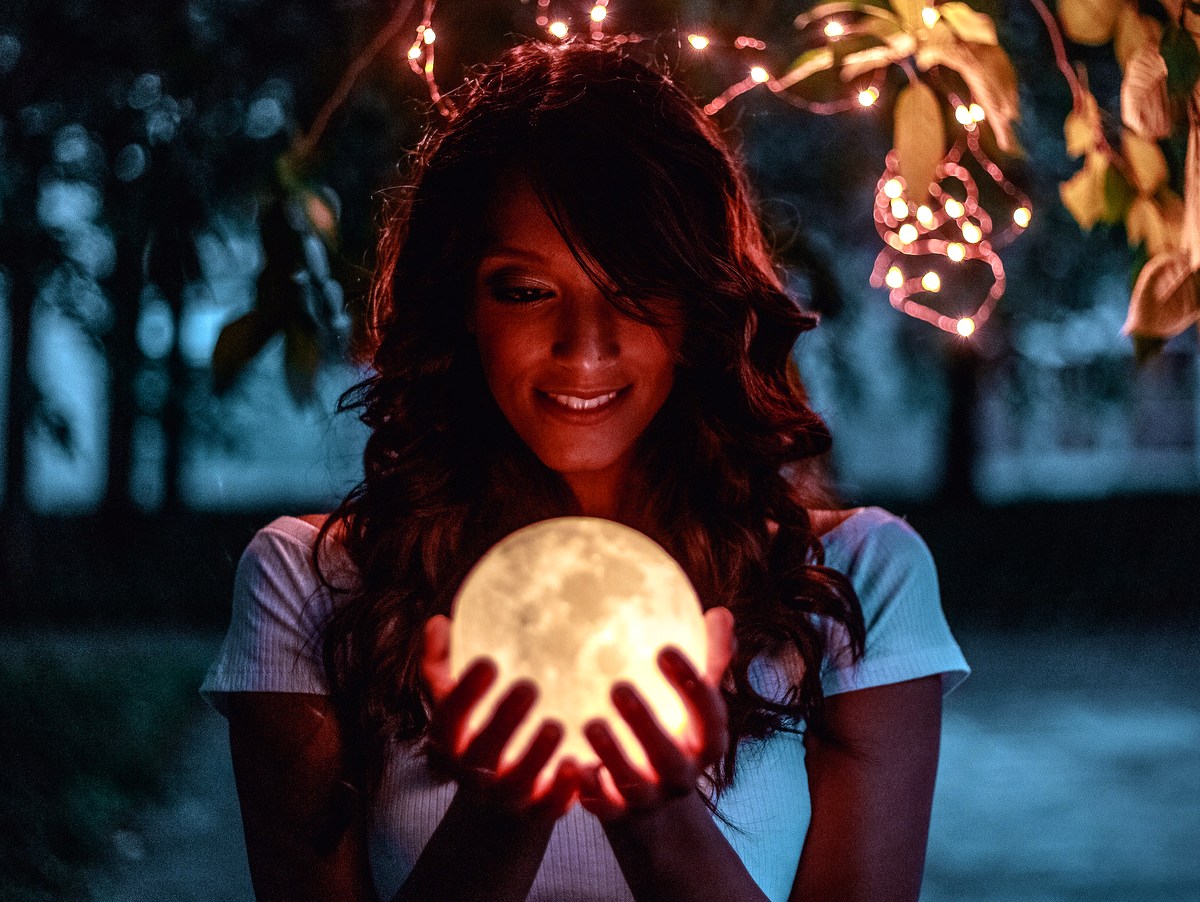
The French have a saying that, in every relationship, there is one who kisses and one who offers their cheek to be kissed. Someone always loves more than the other, in plainer words.
We talk a good game about balance, but balance happens maybe twice a year. Our sins and graces, the grudges we ought to have let go, the tiny miracles that animate us; the ledger of our lives rarely zeroes out. Though sometimes, when we barely expect it, when we have thrown caution to the wind and decided that we won't look at the bottom line before signing our name, everything works out to the penny.
The moon is nothing but a poor mirror, gracing us with a bit of borrowed sunlight. The moon lets itself be kissed by the light of the sun, reflecting down on our lucky planet, but offers the sun nothing that it couldn't get in greater amount elsewhere. The moon circles the Earth pretending it takes no notice of the sun, always hiding half its face.
Somewhere north of a million Earths could fit inside the sun, which is nothing that the residents of those Earths would like. A bit more than sixty-four million of our moon could fit in the same space, though the moons would just as likely argue, their smiles wan and waning, that they belonged to no one and nothing but themselves. This would double the sun, but the moons would be no worse off, engulfed in fiery love.
Perhaps the sun once had its chance to gobble up our moon, though it would have been hardly a seed between the sun's teeth. The sun left it be, let the debris of a catastrophic impact coalesce into the companion sphere, which we escort through the solar system to this day.
The sun kisses countless many things in the universe. Its light will travel still when we are no more than dust and lost radio signals. We will never know all the shores and peaks our sun has shed its luminescence upon but should regard the experience with no less envy. The sun's light is on its way to the Kuiper Belt while we are still hiking up our pants.
The equinox is a fraud because the sun and the moon are not equals in the sky. Through some miraculous quirk of celestial mechanics, the moon's diameter is four hundred times smaller than the sun, which is four hundred times the distance from the Earth. During our solar eclipse, the moon covers the sun like cards in a deck, but for a golden ring of fire that we had best not study too closely. For the anthropomorphizers and astronomers among us, maybe this is the moment when the jealous moon steals the sun's love even from the Earth. More than likely, it takes no more notice of the interruption of its rays because it is a trifle too busy with nuclear fusion.
I'll let you in on a secret: it is much more fun to be the one kissing. Loving even an iota less is a gradual hell, like rusting is oxidizing akin to being glacially set aflame. If the moon could feel anything beyond the pitter of meteors pocking its surface and the envious glare of cosmonauts, it would be malaise that it cannot produce enough light to signal back at the sun. After all, isn't that all humanity has been attempting since we chanced a toe out of the primordial soup? If just for a split section, to burn so brightly that the divine notices us?
Thomm Quackenbush is an author and teacher in the Hudson Valley. He has published four novels in his Night's Dream series (We Shadows, Danse Macabre, Artificial Gods, and Flies to Wanton Boys). He has sold jewelry in Victorian England, confused children as a mad scientist, filed away more books than anyone has ever read, and tried to inspire the learning disabled, gifted, and adjudicated. He can cross one eye, raise one eyebrow, and once accidentally groped a ghost. When not writing, he can be found biking, hiking the Adirondacks, grazing on snacks at art openings, and keeping a straight face when listening to people tell him they are in touch with 164 species of interstellar beings.